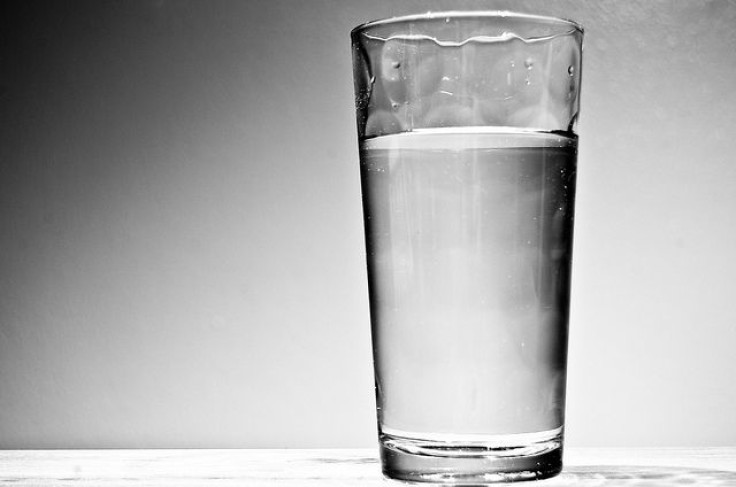Form Of Alternative Medicine, Homeopathy, Accused Of Being 'Therapeutic Dead End'

A prominent Australian scientist has thoroughly denounced homeopathy, one of the flag bearers of complementary and alternative medicine (CAM), as a "therapeutic dead end."
In a blog post for The BMJ on Feb. 16, Dr. Paul Glasziou, a professor of evidence-based medicine at Bond University in Queensland, Australia, detailed his and his colleagues' experience in determining how effective homeopathy was in treating a combined 68 medical conditions (spoilers: it wasn't).
As previously explained by Medical Daily, homeopathy is primarily defined by the theory that all illness can be treated by identifying the symptoms of a sufferer and offering them a diluted solution of a substance, usually obtained from "natural" sources like plants and minerals, that is known to cause those exact same symptoms in larger doses — a theory easily summarized as "like cures like." Nowadays, the diluted solution, namely water, is often placed onto an otherwise inactive sugar pill.
Despite its enduring popularity into the 21st century, scientists have long relegated homeopathy to the fringes of plausibility, in no small part due to the fact that most homeopathic treatments are so heavily diluted that they contain literally no active ingredients. And when they do, it’s usually a sign that something has gone horribly wrong.
For clarity's sake, and contrary to other media reports, the research referenced by Glasziou isn’t new. He led a team tasked by Australia’s National Health and Medical Research Council (NHMRC) to come to a definitive conclusion on homeopathy in 2014, with their final report published in March of 2015.
"I had begun the journey with an 'I don’t know' attitude, curious about whether this unlikely treatment could ever work. Still, who would have believed that bacteria caused peptic ulcers, or that vaccines for cancers would become routine," he confessed. "So just maybe...but I lost interest after looking at the 57 systematic reviews (on 68 conditions) which contained 176 individual studies and finding no discernible convincing effects beyond placebo."
Aside from the predictable results, though, Glaziou was still taken aback by certain discoveries his team made. "One surprise to me was the range of conditions that homeopathy had been evaluated in, including rheumatoid arthritis, radiodermatitis, stomatitis (inflammation of the mouth) due to chemotherapy, and human immunodeficiency virus (HIV) infection," he wrote. "What subsequently shocked me more was that organizations promote homeopathy for infectious conditions, such as AIDS in Africa or malaria."
As previously reported by Medical Daily, some homeopaths have even gone as far as to promote homeopathy for the Ebola virus.
Glaziou ended his post by detailing attempts from prominent homeopathic organizations to discredit the NHMRC report, rather than fund better research, and somewhat lamented homeopathy’s fall from grace. "I can well understand why Samuel Hahnemann — the founder of homeopathy — was dissatisfied with the state of 18th century medicine’s practices, such as blood-letting and purging, and tried to find a better alternative," he wrote. "But I would guess he would be disappointed by the collective failure of homeopathy to carry on his innovative investigations, but instead continue to pursue a therapeutic dead end."
Source: Glaziou P. Still no evidence for homeopathy. BMJ Blogs. 2016.



























